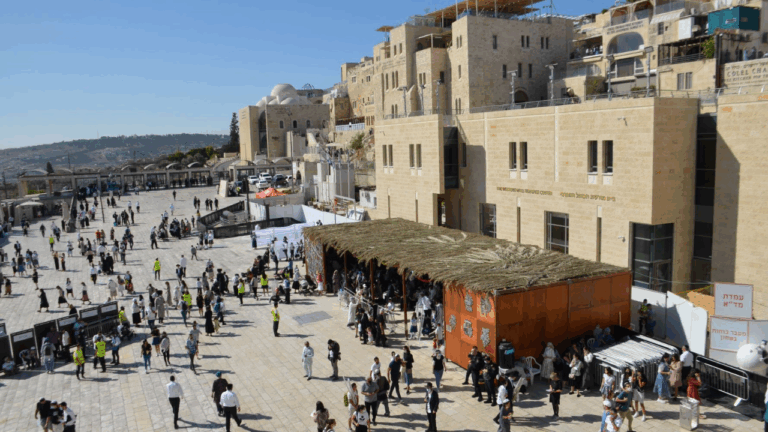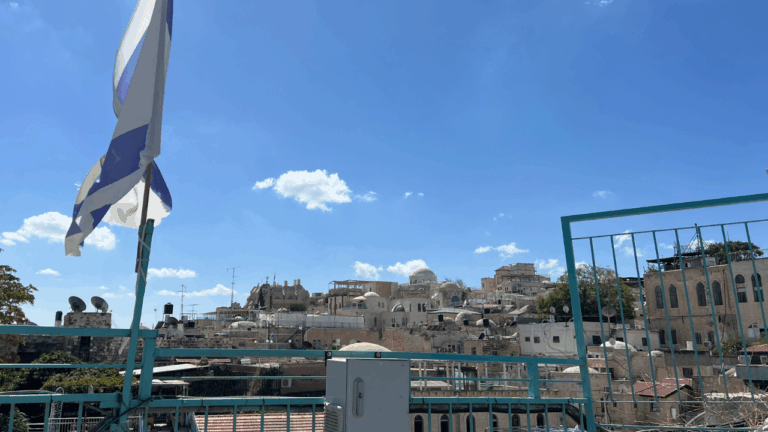Bikkurim: Where the Fields Meet the Mikdash
The mitzvah of Bikkurim seems to defy the categories we normally associate with agricultural mitzvot. At first glance, Bikkurim appears to be just another mitzvah to separate produce for the Kohanim. Like Terumah, it involves separating fruit from a crop that can only be consumed by the Kohen. Indeed, the Rambam (Bikkurim 3:1) already notes (based on the Gemara Makkot 17a) that the Torah itself refers to Bikkurim as terumat yadecha (Devarim 12:17). Unsurprisingly, the punishment for a non-Kohen consuming Bikkurim is the same as Terumah: mitah bidei shamayim – death by heavenly means.
However, a deeper analysis of the sugya of Bikkurim reveals striking differences. Normally, a Jewish farmer has the right to choose which Kohen will receive his gifts grant. While he is obligated to give his terumah to a kohen, he can still choose which kohen to give it to. Not so Bikkurim. Here, the farmer must bring his fruit to Yerushalayim and give it to the mishmar, the group of kohanim who are currently serving in the Mikdash (see Mishna Bikkurim 3:12 and Rambam Bikkurim 3:1).
This requirement has no real parallel in Seder Zeraim – the section of Mishnah dealing with agricultural law. Rather, it seems to be drawing from Seder Kodshim – the laws of sacrifice and sanctity in the Mikdash. In fact, the Mishna explicitly associates this law with the general rules of kodshei haMikdash – the sanctified items/parts dedicated to the sacrificial service.
The Gemara Makkot (18b) strengthens this point. When discussing which parts of the Bikkurim ritual are indispensable, it asserts that a requirement only becomes essential when the Torah repeats it twice. For example, placing the Bikkurim near the mizbeach would be a commendable and expected action if mentioned once, but vital if mentioned twice. Rav Yosef Engel (Asvan Deorayta 12) notes that this principle of שינה הכתוב לעכב – the Torah’s repetition of a law to express its indispensability – is reserved for laws of Kodshim alone. And yet, the Gemara is seemingly applying it to the mitzvah of Bikkurim!
So what are we dealing with here? An agricultural Zeraim mitzvah, or a sacrificial Kodshim one?
The answer is clear. Bikkurim is a perfectly balanced combination of both. Unlike Terumah which can be separated, gifted, and consumed anywhere in Eretz Yisrael, Bikkurim specifically must be brought to the “place chosen by Hashem”. The Torah imbues Bikkurim with a sanctified status that demands presentation in Yerushalayim. Like korbanot, it is received by the mishmar of Kohanim and consumed by them in purity.
This unique mitzvah binds together the worlds of Zeraim and Kodshim, the toil of the field and the exalted sanctity of Yerushalayim. After toiling in his fields for months on end and finally witnessing the beautiful fruits of his labor, the farmer is obligated to bring his first fruits to Yerushalayim so that he can view his work and success through the prism of the Mikdash. By dedicating the first to kedushat haMikdash, he symbolically links all his physical toil and material success to the spiritual reality that permeates Yerushalayim.
Bikkurim reveals a simple truth: material blessing and physical success only achieve true fulfillment when connected to the holiness of Yerushalayim and dedicated to HaKadosh Baruch Hu.



